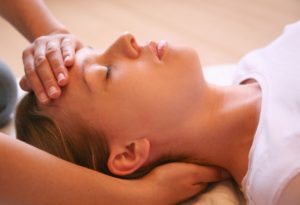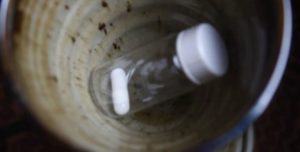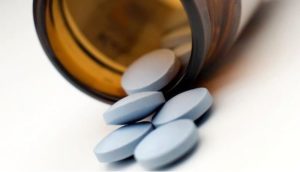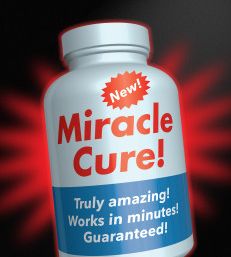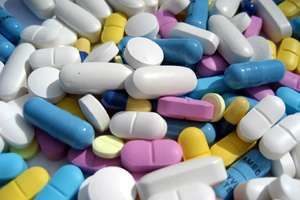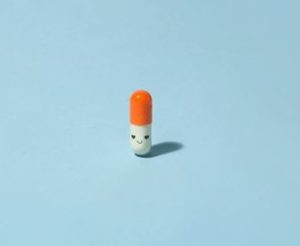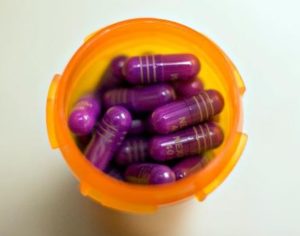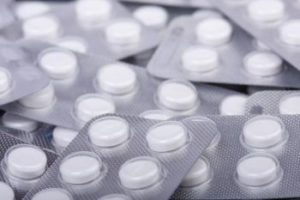“Britain’s Princess Alexandra Hospital NHS Trust wants to hire a reiki therapist for a hospital in Epping.”
This caused a controversy and a flurry of disgruntled email. BUT …
“If drugs are effective and placebo responses small, this does not matter much. But people tend to turn to alternative medicine for subjective, stress-related conditions such as chronic pain, depression, nausea and fatigue (all problems that can affect cancer patients in treatment). Drugs for these conditions have significant downsides, such as unpleasant side effects and addiction, and placebo responses often account for most of the effect of the drug. So it becomes plausible that compared to popping a pill, a patient might get more relief — and fewer side effects — from an hour with a sympathetic therapist.”


